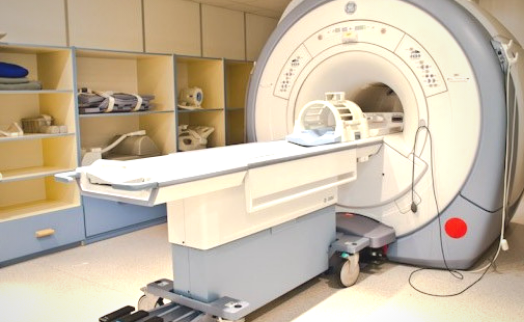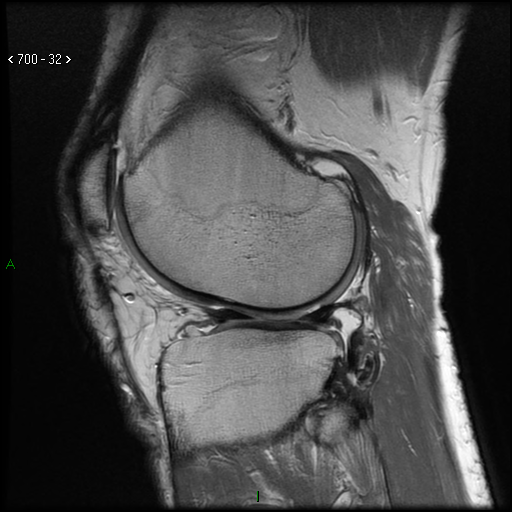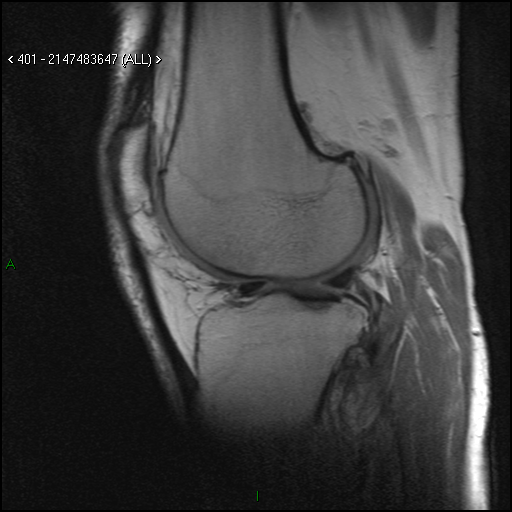What happens during an MRI scan?
The examination is non-invasive and completely painless, however, for many patients the prospect of being motionless in a narrow MRI tube is associated with a lot of stress. Find out how what happens during the examination and what to expect so that nothing surprises you.
Before the examination, you will receive a questionnaire to fill in, in which you will be asked not only for personal data, but also information about your health condition. You will also need to give your consent in writing so that the examination can be performed. Filling out this documentation will take you about 15 minutes, so please arrive at the clinic in advance.
In some cases, during the examination, the patient is administered a special contrast agent intravenously. For tests with the intravenous administration of a contrast agent, a cannula will be inserted. Then you will be asked to lie down in the appropriate position, depending on the examination you are doing, on the extendable table in the center of the MRI scanner. In order to increase your comfort, the staff can provide you with a blanket and a pillow.
Do not move during the entire duration of the examination so as not to distort the image. The tunnel is equipped with air conditioning, lighting, and monitoring thanks to which the staff will be in constant contact with you and will be able to react to any signals from your side. If you suddenly feel unwell during the examination, report it to the staff by pressing the button on the signaling device, which you will hold in your hand throughout the examination.
Each MRI scan sequence takes 3 to 10 minutes. During this time, you will hear a loud knocking sound similar in intensity to a spinning washing machine. Before starting the examination, the staff will provide you with noise-reducing headphones (or earplugs for head and spine examinations). In a situation where several images need to be taken, the table automatically moves to the appropriate position, but the patient remains motionless the whole time.





